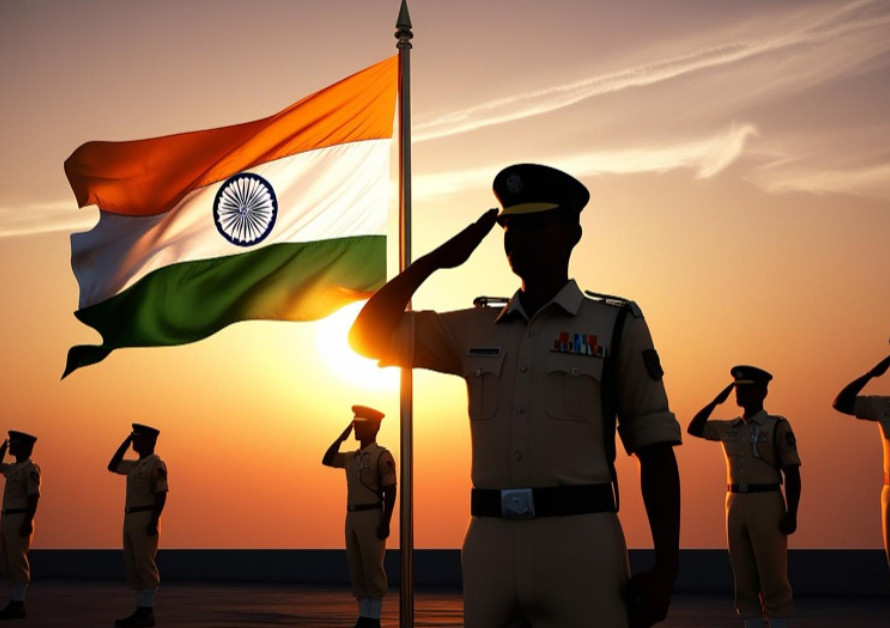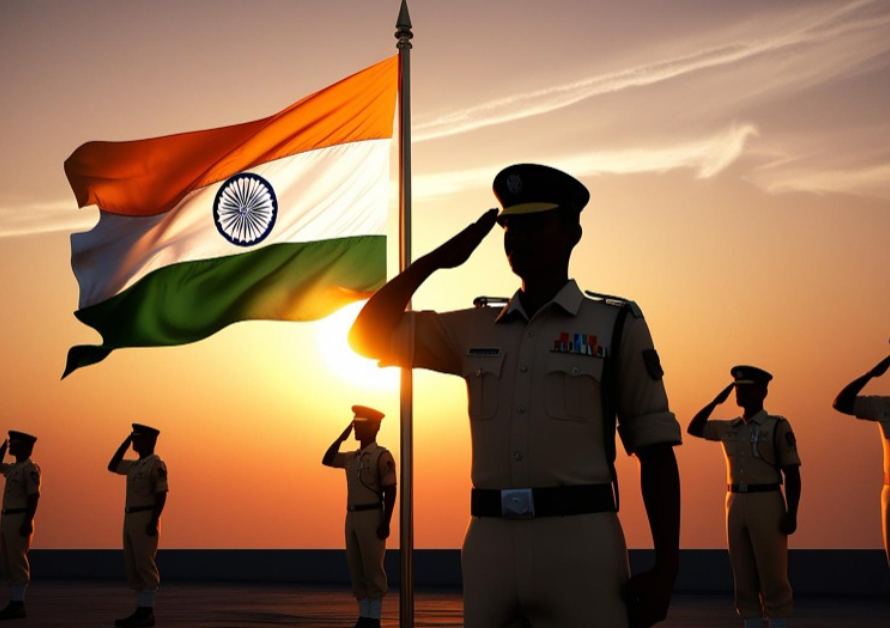India’s greatest misfortune has been that bureaucracy and the law were openly sold a decade ago, and even today, though not openly, corruption continues in a hidden form. What was once done blatantly is now happening under the surface.
Despite the current government’s efforts, it has not been able to establish full control over bureaucracy and wealthy buyers who influence the system. This is not just an administrative issue; several hidden forces are actively working to preserve their hold over power and corruption.
Roots of Corruption: The Old System in Judiciary and Bureaucracy
One of the primary reasons for this issue is that even today, the higher judiciary and bureaucracy are filled with individuals who benefited from the previous regime. These individuals are willing to do anything for their personal gain and, instead of supporting the new government, they obstruct its path.
The government’s crackdown on corruption has affected their additional illegal earnings. Where bribery and undue advantages were once the norm, increasing scrutiny has now disrupted their income. As a result, they are openly opposing the government and creating a false narrative to mislead the public.
This culture of bribery is not limited to bureaucrats alone—common citizens have also become accustomed to it. People prefer shortcuts and use corruption as a tool to gain quick benefits. Looting continues in various sectors, including education, healthcare, and other industries.
This is why many people are not angry with the BJP government because it is doing something wrong, but because its policies have directly impacted their illegal earnings. Since their easy money has been stopped, all corrupt individuals have united and are labeling the honest “watchman” as a “thief.”
Public Perception and Surface-Level Understanding
A deeper analysis reveals that this entire opposition is not just political but a deliberate effort to protect the corrupt system.
However, the problem is that common people do not analyze situations at this depth. They only react to what they see in front of them or what directly affects their lives.
This is why narratives are manipulated through media, misinformation, and propaganda. The public largely focuses on immediate results and often fails to understand the long-term processes required for reform.
Can the Government Do It Alone?
No matter how strong the government’s intentions are, it cannot reform the country alone. While it has power and resources, it also needs the full support of state governments, the judiciary, bureaucracy, and most importantly, the citizens.
Instead of merely finding faults and criticizing, we must actively participate in the nation’s progress. It is a mistake to expect that the government will do everything on its own. Rather, we should support the government’s efforts and play our roles as responsible citizens.
If each of us fulfills our duties with honesty, wisdom, and accountability, every problem can be solved efficiently. People must be made aware, educated, and encouraged to take responsibility rather than simply blaming the government for everything.
Cleaning Up the Mess Takes Time and Patience
The chaos and corruption that have accumulated over the past seven decades cannot be eliminated overnight. It is a long and challenging process that requires public cooperation, patience, and commitment.
Since India’s partition, previous governments have allowed a system of corruption and inefficiency to thrive. Cleaning up this mess will take time, and those who expect instant results must understand that deep-rooted issues cannot be fixed in a day.
If we collectively support the government’s initiatives, understand our responsibilities, and patiently contribute to this transformation, then the day is not far when India will emerge as a strong, self-reliant, and corruption-free nation.
Change Begins with Us
The government has its role, but real change begins with how the citizens think and act. We must ask ourselves—what are we doing? Are we unknowingly supporting corruption? Are we helping the government’s efforts or merely criticizing?
Change does not come from merely switching governments; it comes from a shift in people’s mindset and actions. Therefore, let us take responsibility, act wisely, and contribute to making India a better nation.
“Let us unite and play our part in strengthening the nation!”
Jai Bharat! Jai Hind!!







